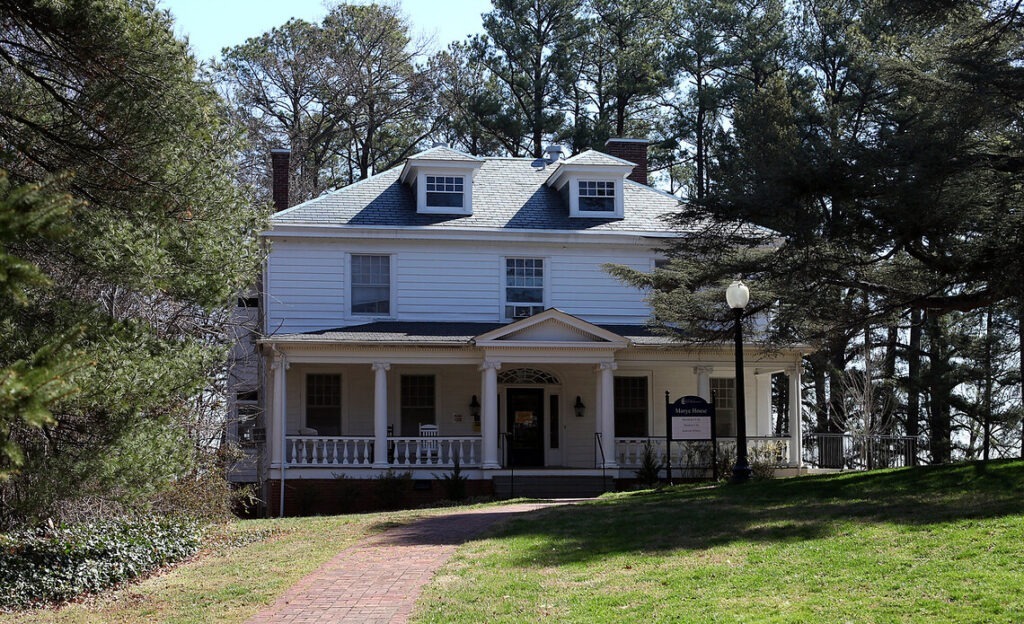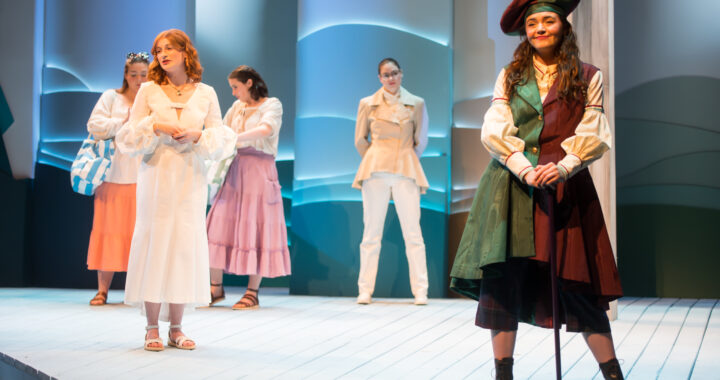RAs struggle to adjust to COVID-19 guidelines
3 min read
RAs are unhappy with the lack of guidance from ResLife | Norm Shafer
By JACOB LEWIS
Staff Writer
This year’s special circumstances around COVID-19 and its accompanying restrictions have led to an increasingly tough job for UMW’s Resident Assistants (RAs).
In July, a list of new policies was conveyed to RAs during their training period, mainly composed of new roles that the RAs were to fill around issues like sanitation and social distancing enforcement.
For one, RAs were told to enforce a no-visitors rule: under this policy, nobody was to be permitted in any resident’s dormitory or apartment for any circumstance besides a medical emergency. This policy was changed part-way through the semester to accommodate visits by a single masked student from the same residence hall.
Additionally, RAs were tasked with enforcing the mask-wearing and six-foot social distancing requirements in their residence halls.
These rules were very straightforward and left little room for discretion by individual RAs. For example, the policy states that any resident seen entering or exiting a residence hall without a mask must be immediately written up, according to an RA source.
Some RAs feel like this is a lot to be asked of them.
“Reslife tells us over and over that we are not responsible for maintaining safety on campus during COVID, while at the same time assigning us responsibilities like reporting mask violations that practically make us responsible for maintaining safety on campus,” said one RA who asked that their identity not be revealed. “RAs should not be in a position where we have to go looking for these situations.”
This RA also points out that the new tasks, together with a shortage of RAs, make the job harder.
“It’s a decent amount of extra work now. Being an RA isn’t an easy job in a good year, and this year has been an increase in the amount of time you have to actively serve on the job.”
The added roles that RAs have assumed have added a large amount of additional work to an already difficult job. This not only takes up time that RAs would otherwise be spending doing schoolwork or in their personal lives, but can be emotionally taxing as well. For example, official ResLife policy mandates that RAs prevent parents from visiting their children in dorms as they are not permitted within the building for any reason.
RAs must walk a fine line between fostering community in dorms and preventing students from socializing with one another. Some RAs are worried that their residents will struggle to form community and make friends with such restrictions.
“The whole point of Reslife is to create community, and if you isolate people into their rooms, obviously they’re not going to want to go into common spaces or socialize with people,” said another upper-classman RA, who also asked to be kept anonymous. “Once you break that [social interaction] it sets the standard for isolation.”
They added that the opposite problem exists for students who already have community on campus, such as players on sports teams.
“We’ve had to bust a couple of parties from the teams in freshman dorms.”
With a time-consuming and tough job to carry out, RAs were hoping for the management of ResLife to provide adequate support to their rank-and-file, but some feel that that support has not materialized.
“It was kind of disappointing to be left out, hanging in the wind,” said another anonymous RA, bemoaning the lack of sanitation equipment provided in dorms. “I had told my residents there would be wipes provided and magnets everywhere so you can indicate where you are at all times, because that’s what ResLife had said. But when I got into my hall I realized that the magnets were only provided for the laundry room, and there weren’t any wipes, period.”











